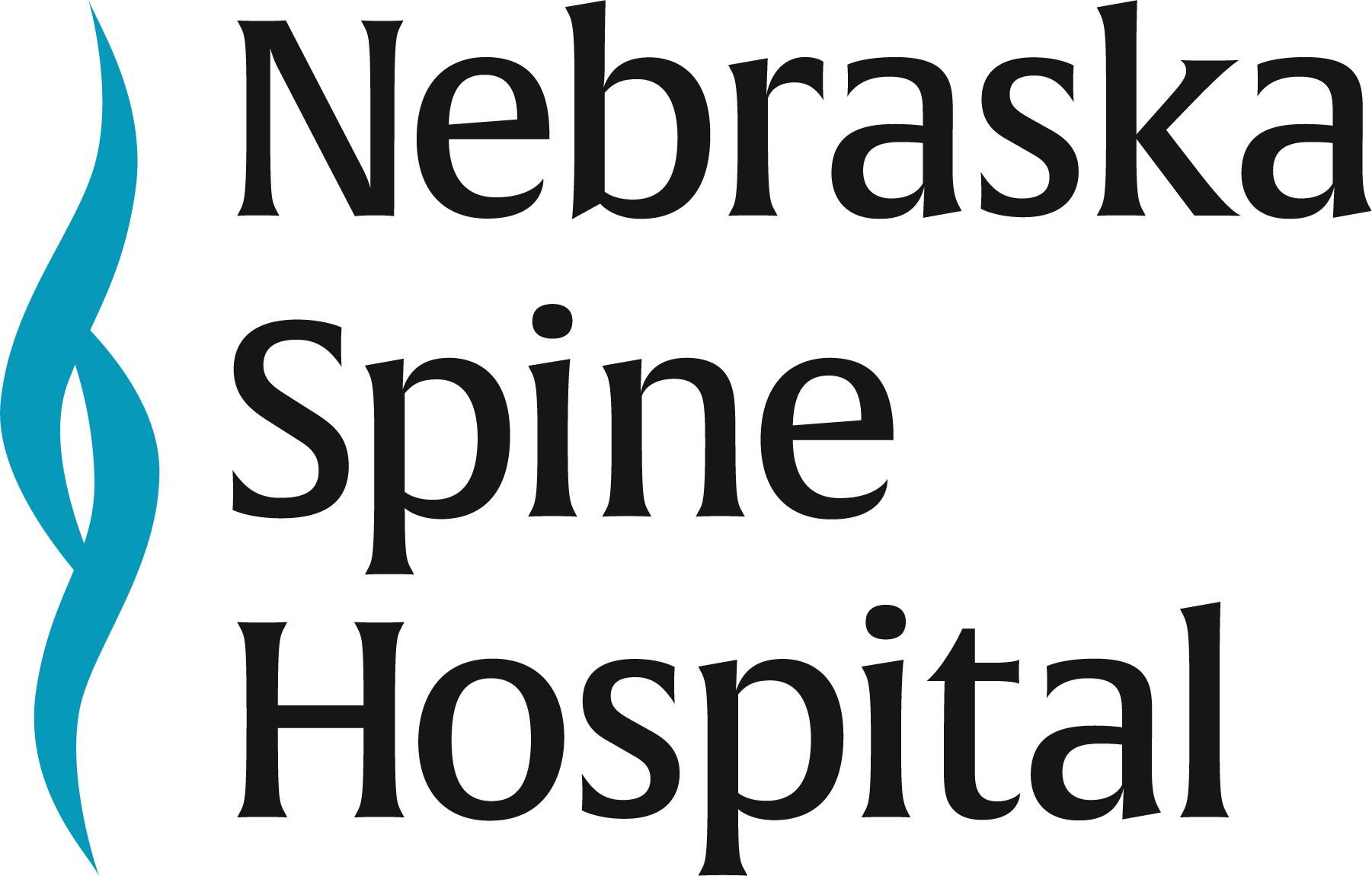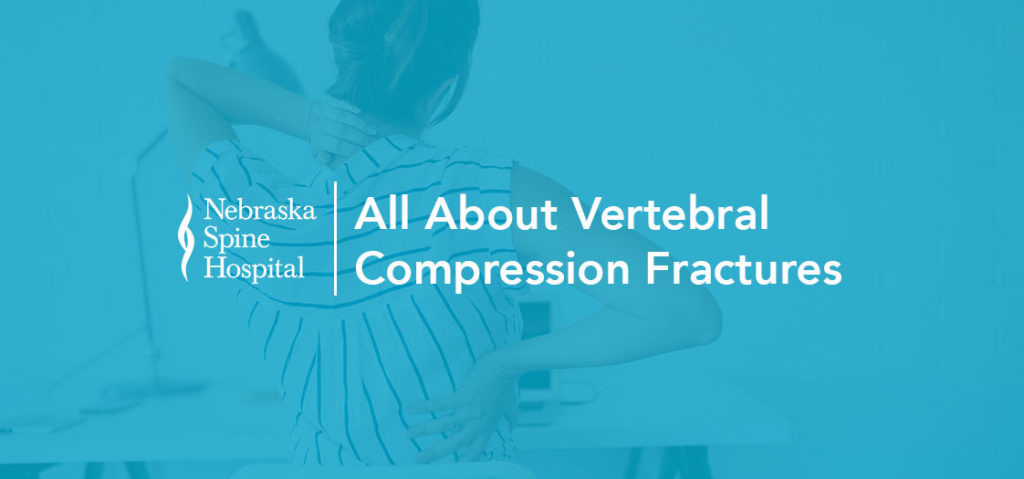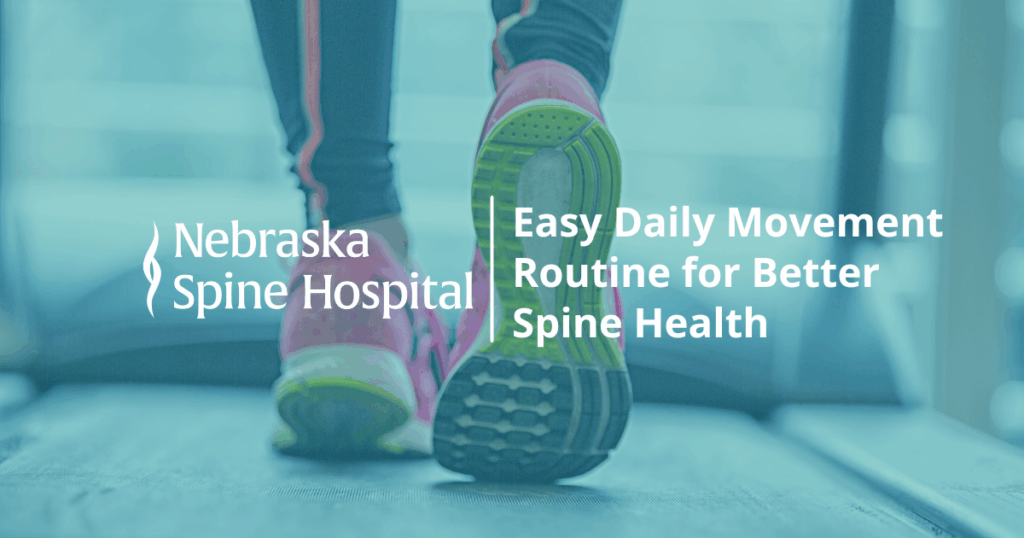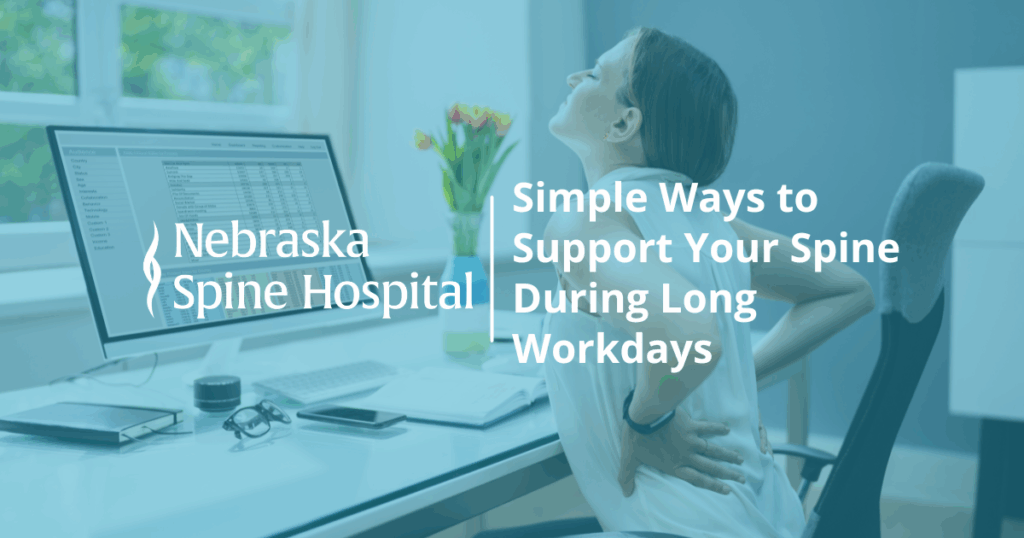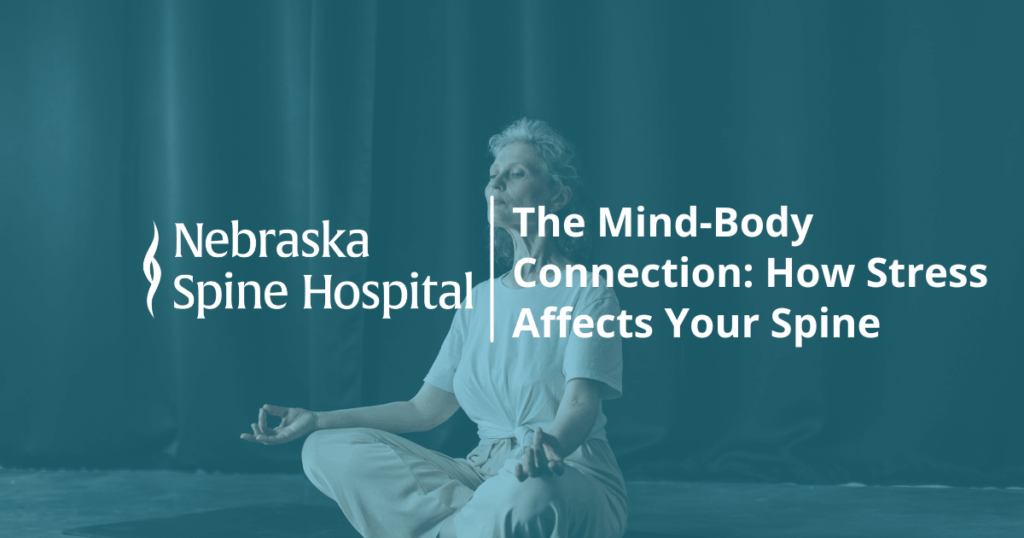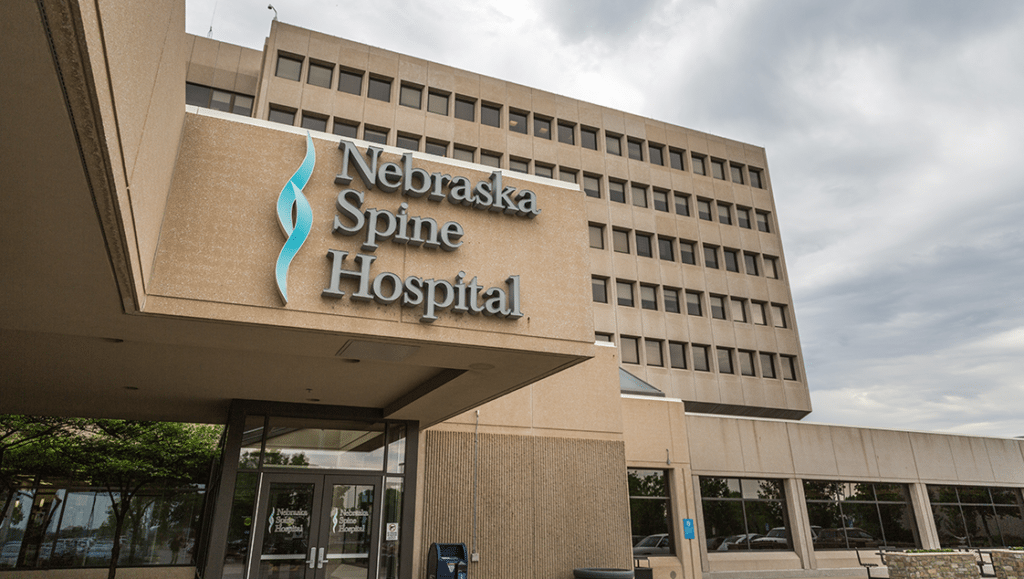When the spine becomes compressed due to trauma or a degenerative condition, vertebral compression fractures can occur. According to Spine-Health, “A compression fracture is usually defined as a vertebral bone in the spine that has decreased at least 15 to 20% in height due to fracture.” While vertebrae can fracture anywhere in your spine, they occur most often in the upper back, the lower thoracic spine.
For vertebral compression fractures caused by trauma, an incredible amount of force is required, like a severe car crash. However, for fractures caused by degenerative conditions, they can occur quite easily because the vertebrae are already weak due to the condition. It’s estimated that each year about 700,000 people in the U.S. have a fracture due to osteoporosis.
Symptoms
Most patients suffering from a compression fracture experience one or more of the following symptoms.
- Sudden back pain
- Back pain that worsens with movement; reduction in pain while laying down
- Limited mobility
You Might Also Like: Back Pain Awareness
Diagnosing and Treating Vertebral Compression Fractures
The board-certified surgeons at Nebraska Spine Hospital use an X-ray, CT scan, or MRI when diagnosing compression fractures. After diagnosis, they are able to address the immediate issue, alleviate pain, restore movement, provide support, and help to prevent the symptoms from worsening through a variety of surgical and non-surgical options.
In some instances, our surgeons may recommend home treatment for patients with compression fractures. Depending on the patient’s fracture, they may recommend rest, eliminating activity that may strain the spine, cold or heat therapy, and over-the-counter pain medication. Many patients also undergo physical therapy during their recovery.
Prevention
There are several preventative measures patients can take to help decrease the likelihood of developing vertebral compression fractures.
- Regular exercise
- Adequate calcium and vitamin D intake
- Healthy eating
- Quitting smoking
- Limiting alcohol consumption
You Might Also Like: Calcium: The Key To A Healthy Spine
This post should not be taken as professional medical advice. If you or a loved one is suffering from a compression fracture, we urge you to seek professional medical help. Use the Find a Doctor tab on our website to find a board-certified surgeon at Nebraska Spine Hospital.

